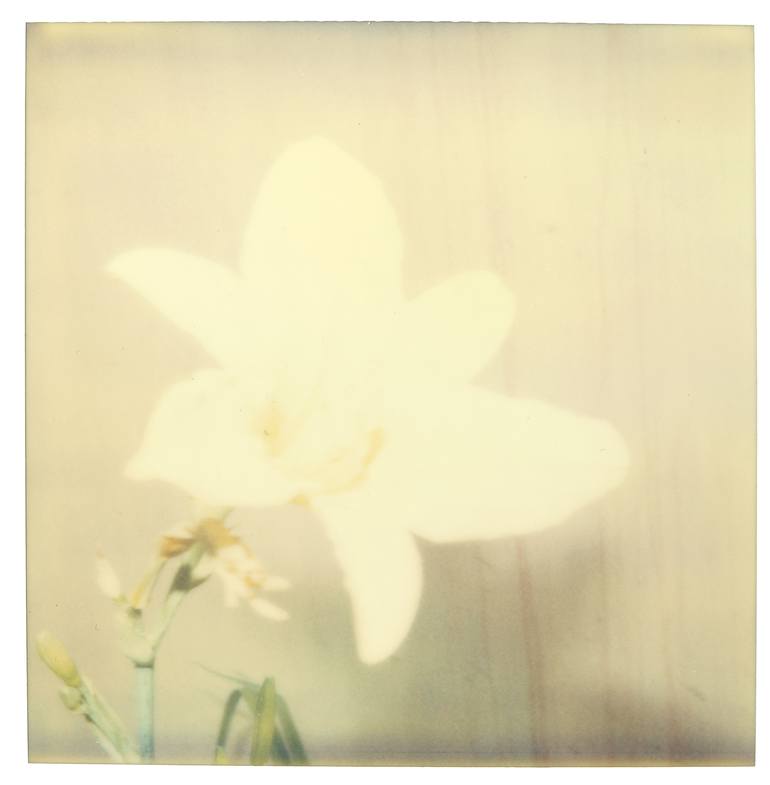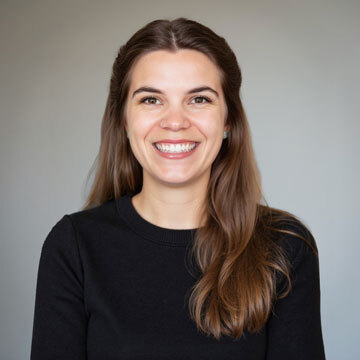


203 Views
8
View In My Room
Photography, Polaroid on Other
Size: 7.9 W x 7.9 H x 0.1 D in
Ships in a Box
$355
Shipping included
Trustpilot Score
203 Views
8
Artist Recognition

Featured in the Catalog

Showed at the The Other Art Fair

Artist featured in a collection
ABOUT THE ARTWORK
DETAILS AND DIMENSIONS
SHIPPING AND RETURNS
Flower (29 Palms, CA), 1999, 20x20cm, Edition 1/10, digital C-Print, based on a Polaroid, Certificate and Signature label artist Inventory No. 197639, not mounted THE GREATER THE EMPTINESS THE GRANDER THE ART – Stefan Gronert Not “Twenty-six Gasoline Stations” but “29 Palms, CA”! Forty-two yea...
Year Created:
1999
Subject:
Styles:
Mediums:
Photography, Polaroid on Other
Rarity:
Limited Edition of 10
Size:
7.9 W x 7.9 H x 0.1 D in
Ready to Hang:
Not Applicable
Frame:
Not Framed
Authenticity:
Certificate is Included
Packaging:
Ships in a Box
Delivery Cost:
Shipping is included in price.
Delivery Time:
Typically 5-7 business days for domestic shipments, 10-14 business days for international shipments.
Returns:
The purchase of photography and limited edition artworks as shipped by the artist is final sale.
Handling:
Ships in a box. Artists are responsible for packaging and adhering to Saatchi Art’s packaging guidelines.
Ships From:
United States.
Need more information?
Need more information?
Stefanie Schneider
United States
Stefanie Schneider lives and works in the High Desert of California. Stefanie Schneider's scintillating situations take place in the American West. Situated on the verge of an elusive super-reality, her photographic sequences provide the ambience for loosely woven story lines and a cast of phantasmic characters. Schneider works with chemical mutations of expired Polaroid film stock. Chemical explosions of color spreading across the surfaces undermine the photograph's commitment to reality and induce her characters into trance-like dream-scapes. Like flickering sequences of old road movies Schneider's images seem to evaporate before conclusions can be made - their ephemeral reality manifesting in subtle gestures and mysterious motives. Schneider's images refuse to succumb to reality, they keep alive the confusions of dream, desire, fact, and fiction. She is currently working on the 29 PALMS, CA. 29 PALMS, CA is a feature film / art piece that explores and chronicles the dreams and fantasies of a group of individuals who live in a trailer community in the Californian desert. A defining feature of the film is the use of still images and the use of voice over. Characters talk to us / themselves / you about their ambitions, memories, hopes, fears and dreams. The film is to be shot using a mix of super 8 and 16mm film stock and Polaroid images. Certain computer-generated effects will also be used to enhance the films surreal mood and to animate its dark humor. Radha Mitchell, Marc Forster, Udo Kier, Max Sharam among others are participating in the project. Stefanie Schneider received her MFA in Communication Design at the Folkwang Schule Essen, Germany. Her work has been shown at the Museum for Photography, Braunschweig, Museum für Kommunikation, Berlin, the Institut für Neue Medien, Frankfurt, the Nassauischer Kunstverein, Wiesbaden, Kunstverein Bielefeld, Museum für Moderne Kunst Passau, Les Rencontres d'Arles.
Artist Recognition

Featured in Saatchi Art's printed catalog, sent to thousands of art collectors

Handpicked to show at The Other Art Fair presented by Saatchi Art in Los Angeles

Artist featured by Saatchi Art in a collection
Why Saatchi Art?
Thousands of
5-Star Reviews
We deliver world-class customer service to all of our art buyers.
Global Selection of Original Art
Explore an unparalleled artwork selection from around the world.
Satisfaction Guaranteed
Our 14-day satisfaction guarantee allows you to buy with confidence.
Support Emerging Artists
We pay our artists more on every sale than other galleries.
